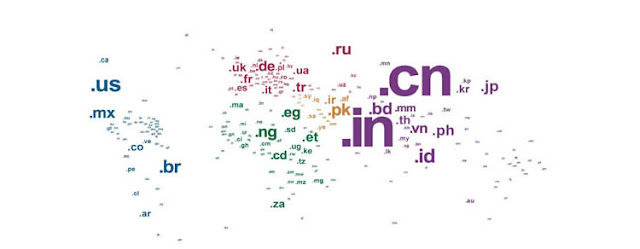Chapter 10: Cheap Web Host = Suck?
Chapter 10: Cheap Web Host = Suck? A reliable web host is a must for all websites and blogs, but it shouldn’t have to cost you an arm and a leg. Not all cheap web host sucks. Some budget web hosts are as good as that VPS hosting deal you were looking at. And hey, that “awesome” web business idea you have in mind doesn’t need a dedicated hosting yet. You can host it on a shared hosting first and make the switch after it accumulate enough buzz. Define Cheap: How Cheap Is Cheap By Today Standard? Quick answer: Below $5/mo, with adequate features. By adequate features, I mean hosting services that come with features that match current market standard. The standards may change from time to time (for example years ago a $5/mo hosting deal can get you only 6 addon domains, 5GB storage, and 10GB data transfer; now everything goes unlimited). At this time of writing, a standard cheap hosting deal should at least cover sufficient power to host at least 50 – 100 not-so-active domains w...


